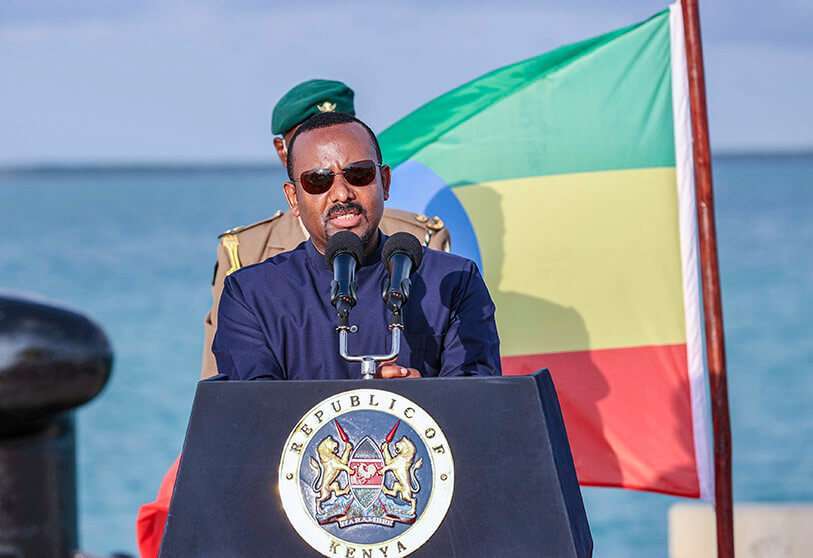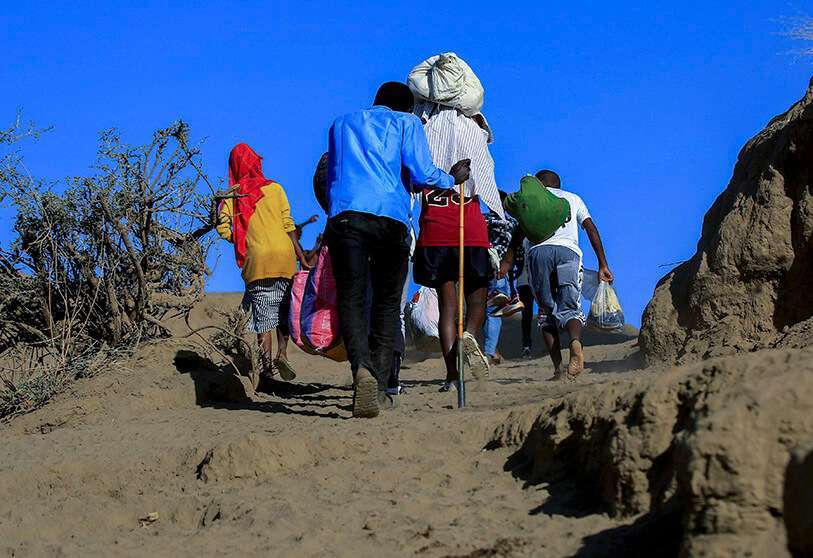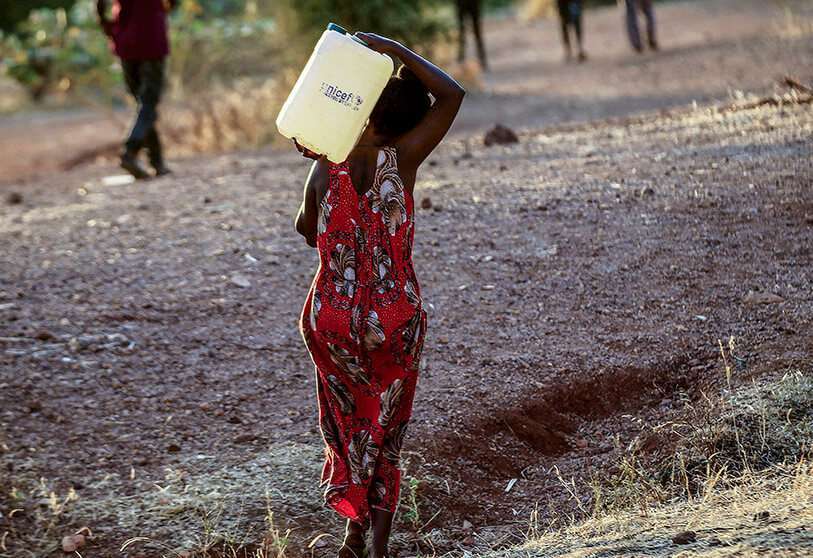Sudan says it is not seeking a military confrontation with Ethiopia, but warns it will defend its interests

The president of Sudan's Transitional Council, Abdel Fattah al-Burhan, who came to office after the coup that overthrew dictator Omar al-Bashir, stressed Thursday that the country does not want a war with Ethiopia and blamed "third parties" for the recent tensions on the common border, although he warned that "he will not give up an inch of his territory", according to the Sudanese state news agency, SUNA.
Al-Burhan expressed his willingness to reach an agreement with Addis Ababa to "preserve its legitimate rights" and said the military deployment in the area was aimed at achieving that goal.
On the other side of the border, Ethiopian Chief of Staff Birhanu Jula also referred to "third parties" and called on Sudan to "avoid its trap" to bring the two countries into a war and to stick to dialogue to resolve the disputes.
Birhanu stressed the "long-standing friendship" between Addis Ababa and Khartoum, but again complained that the Sudanese army had entered Ethiopian territory during the offensive against the Tigray People's Liberation Front (TPLF) in the Tigray region of Ethiopia.
Although officials from both countries spoke of 'third parties', they did not directly name anyone, although they claim they are seeking to take advantage of the transitional process in Sudan and Ethiopian operations in Tigray to increase bilateral tensions.
The prime ministers of Sudan and Ethiopia, Abdullah Hamdok and Abiy Ahmed, respectively, held a meeting in neighbouring Djibouti in late December to address these issues, after Khartoum reported the killing of four soldiers by Ethiopian forces and Ethiopian militiamen.

Since 23 December, the two countries have been working to demarcate their border following recent incidents related to the presence of Ethiopian farmers in Sudanese territory, a fact tolerated by the regime of the ousted Al-Bashir, but which the transitional authorities frown upon and demand the departure of these farmers, which has led to a souring of bilateral relations.
At the end of December, the Sudanese army claimed to have regained control of 85% of the areas bordering Ethiopia and to have reinforced its presence in the area. The deputy chief of staff of the Sudanese army, Khaled al-Shamy, claimed that the areas regained "were controlled by Ethiopian militias", with whom they clashed.
The Sudanese authorities claim to exercise "their legitimate right to extend their hegemony over Sudanese lands located within the international border demarcation", based on the 1902 agreement, in which the United Kingdom, Sudan's colonial power at the time, and Ethiopia agreed to draw the border lines, although without clear demarcations on the 1,600 kilometres of shared frontier, giving rise to the conflict that is currently taking place.
 Sudan sends troops
Sudan sends troopsThe first reinforcements were sent to the border at the end of last month when the aforementioned armed clash between the Sudanese army and Ethiopian militias took place, resulting in four dead and twelve wounded.
Addis Ababa accused the Sudanese army of carrying out "organised attacks" on the Ethiopian side of the border "with heavy machine guns and armoured convoys" and of supporting the Tigray People's Liberation Front.
The TPLF, formerly part of Ethiopia's ruling coalition, but soon after its departure due to disagreements with current Prime Minister Abiy Ahmed and his new coalition, the Prosperity Party, has since been at loggerheads with the federal government. The conflict has already left thousands of people dead, although exact figures are not known.

The region formerly ruled by the TPLF is now in the hands of an interim government set up by Abiy Ahmed's executive. TPLF militias have since been forced to withdraw from the regional capital, Mekelle.
The Tigray issue was also discussed by the two countries' prime ministers during a visit by Hamdok to the Ethiopian capital on 12 December, over concerns about clashes between Ethiopian federal forces and the TPLF near the border, which the Sudanese authorities say has been crossed by more than 50,000 people fleeing the Tigray conflict.









